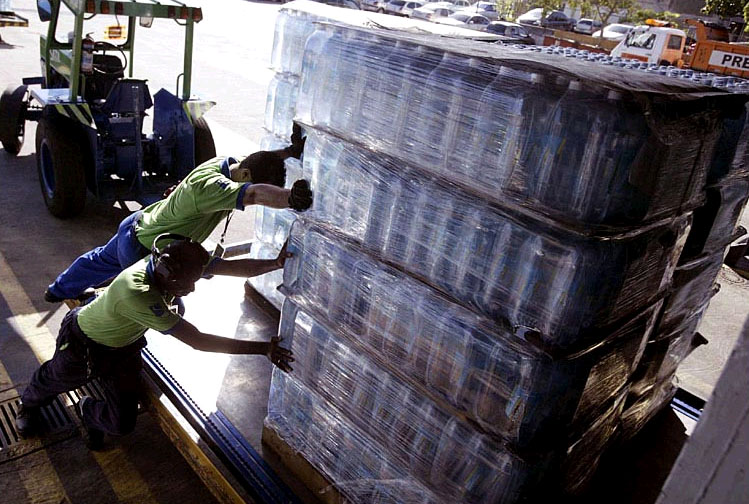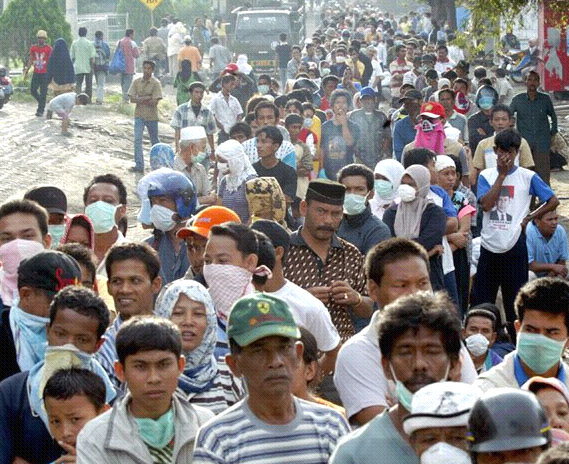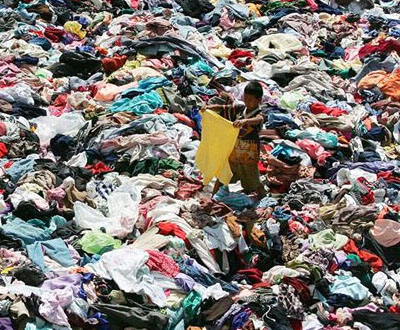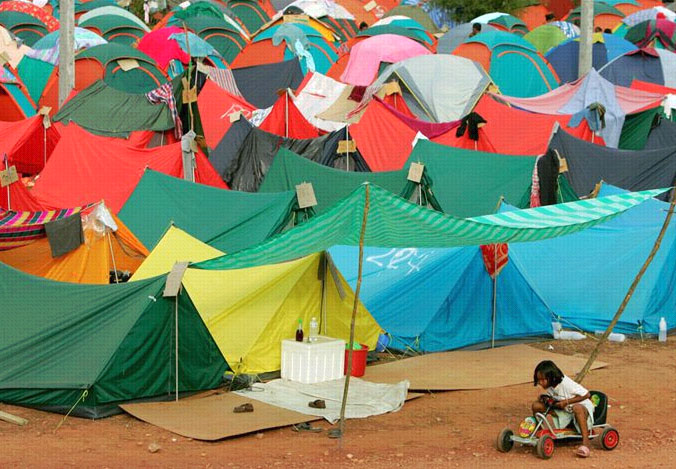| Disaster Impacts: immediate damage | health | basic needs | environmental damage | economic impacts |
|
The most immediate problem facing disaster victims is a lack of basic needs for living. Water, food, shelter, sanitation, medical care, and safety are among the most essential elements of life. Securing and providing these basic needs is paramount in preventing more deaths from disease, starvation and violence. According to MSNBC, while there is a shortage of food, it is not critically scarce. Clean water, however, is a much more acute problem. Contamination and disease has made much of the water unhealthy to use. Organizations and governments around the world have mobilized to give support to victims, beginning with basic needs. Temporary shelters, food, water, and basic medical care will be the first provisions. A major problem with providing relief is inadequate transportation as much of the areas affected are so badly damaged as to inhibit vehicle access. While some areas are accessible by water, the tsunami washed as far as 8 kilometers inland, so many may be cut off from help. With 3-5 million people without basic needs, however, aid is only temporary and sustainable solutions will need to be explored. |
   ............. ............. |
|
Left to right: Relief workers prepare bottled water to supply refugee camps in Sri Lanka. Survivors wait in line for basic survival supplies. A field of clothes is sifted through by survivors that have lost their homes and belongings. A girl plays in a relief camp in Thailand. |
............................................................................................................................................................................................. .sources